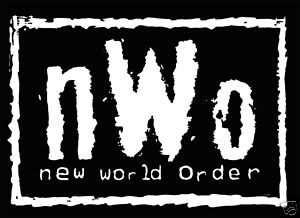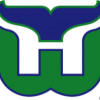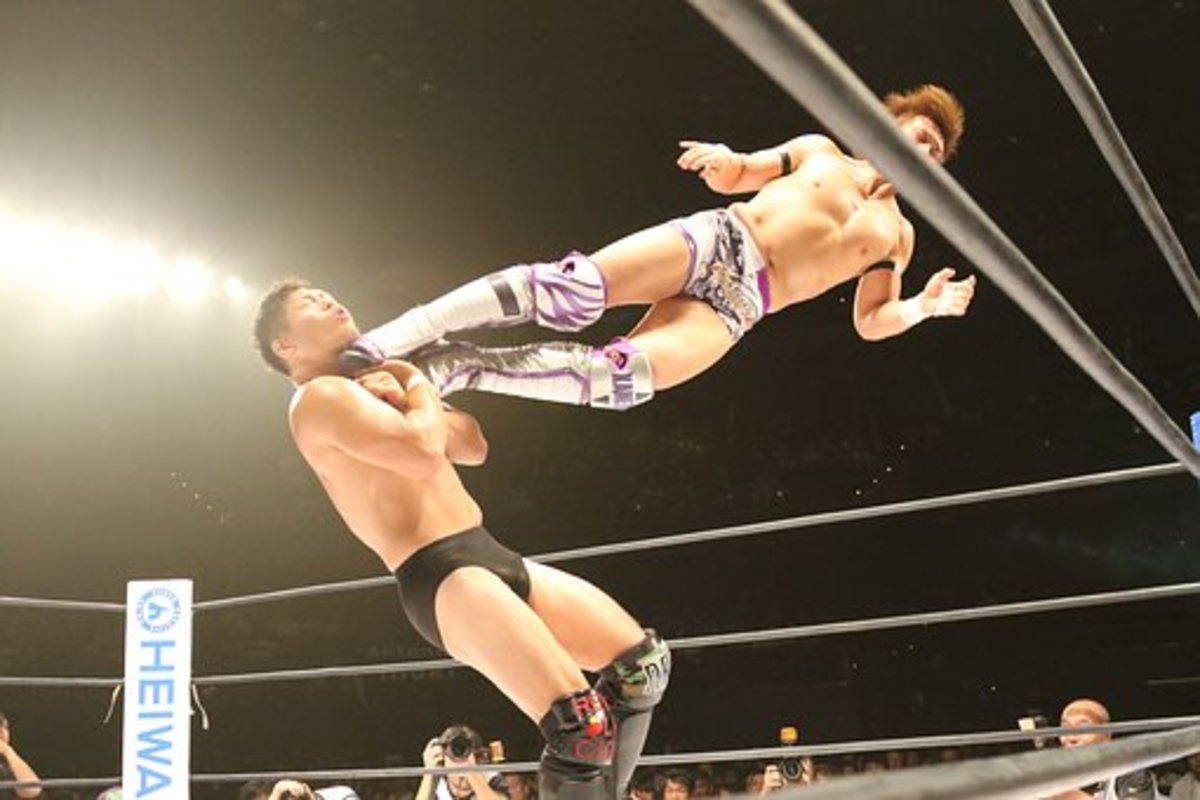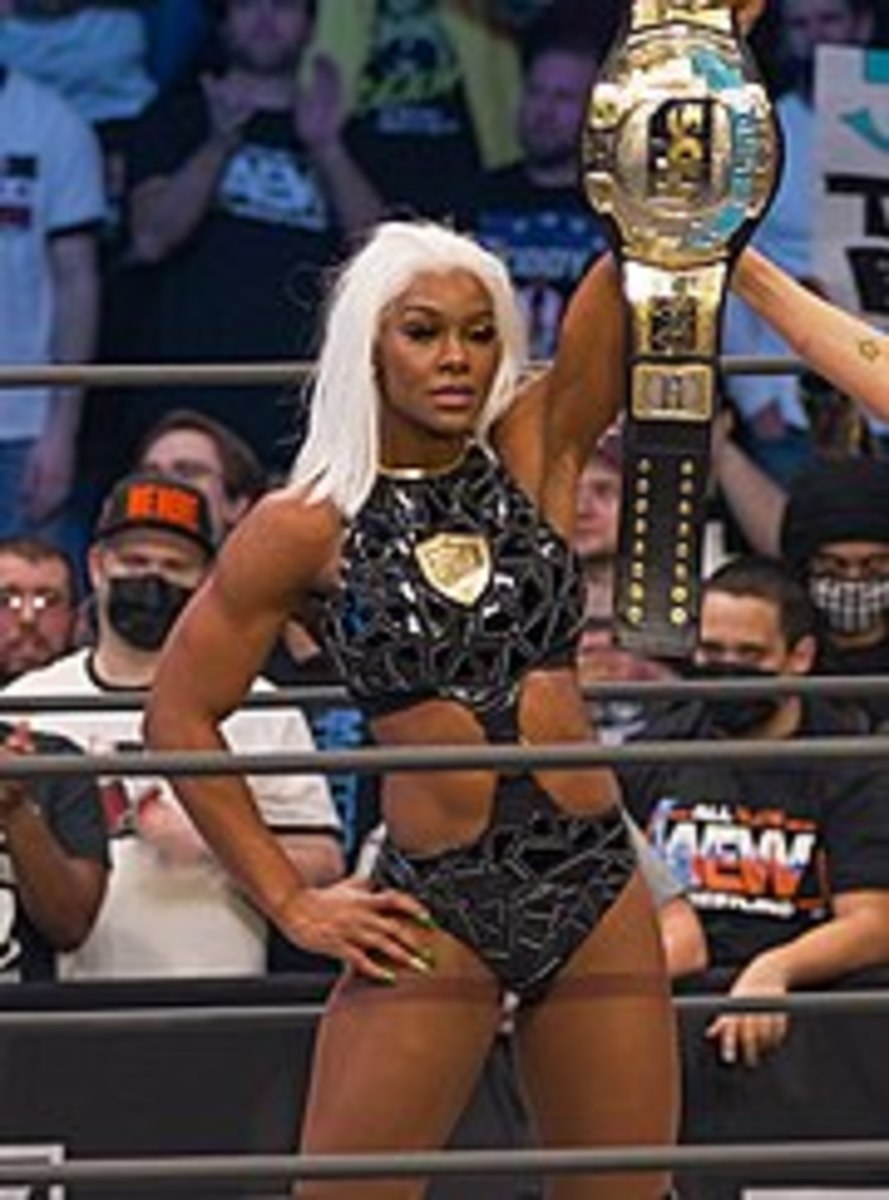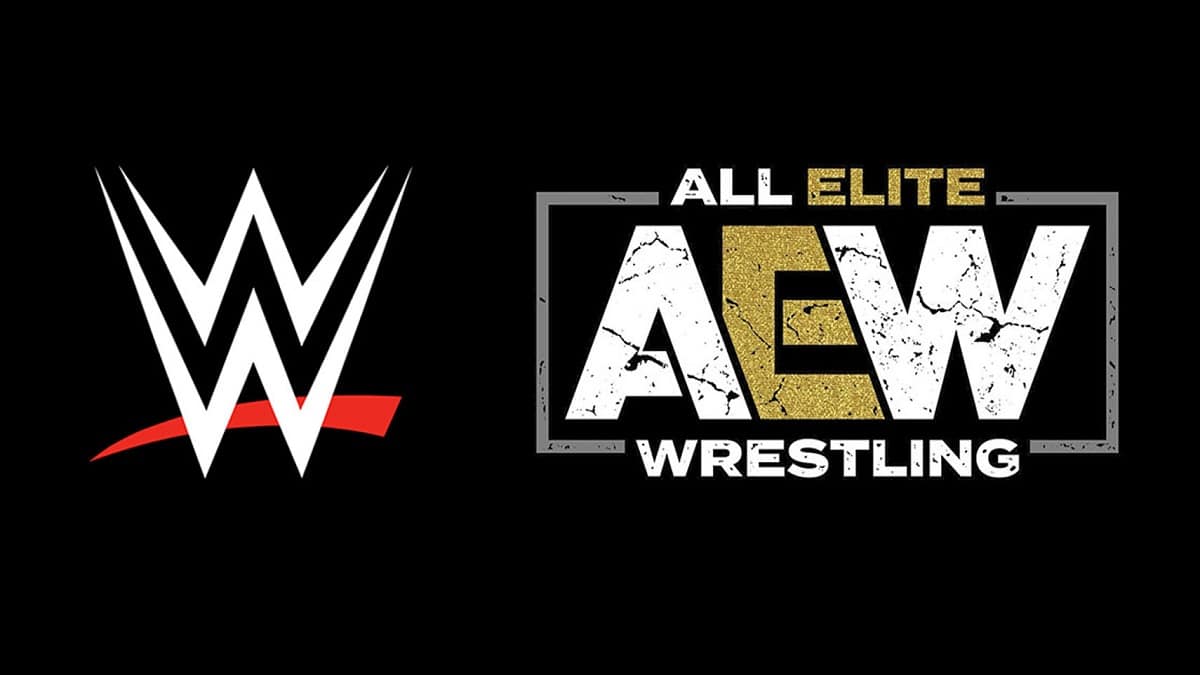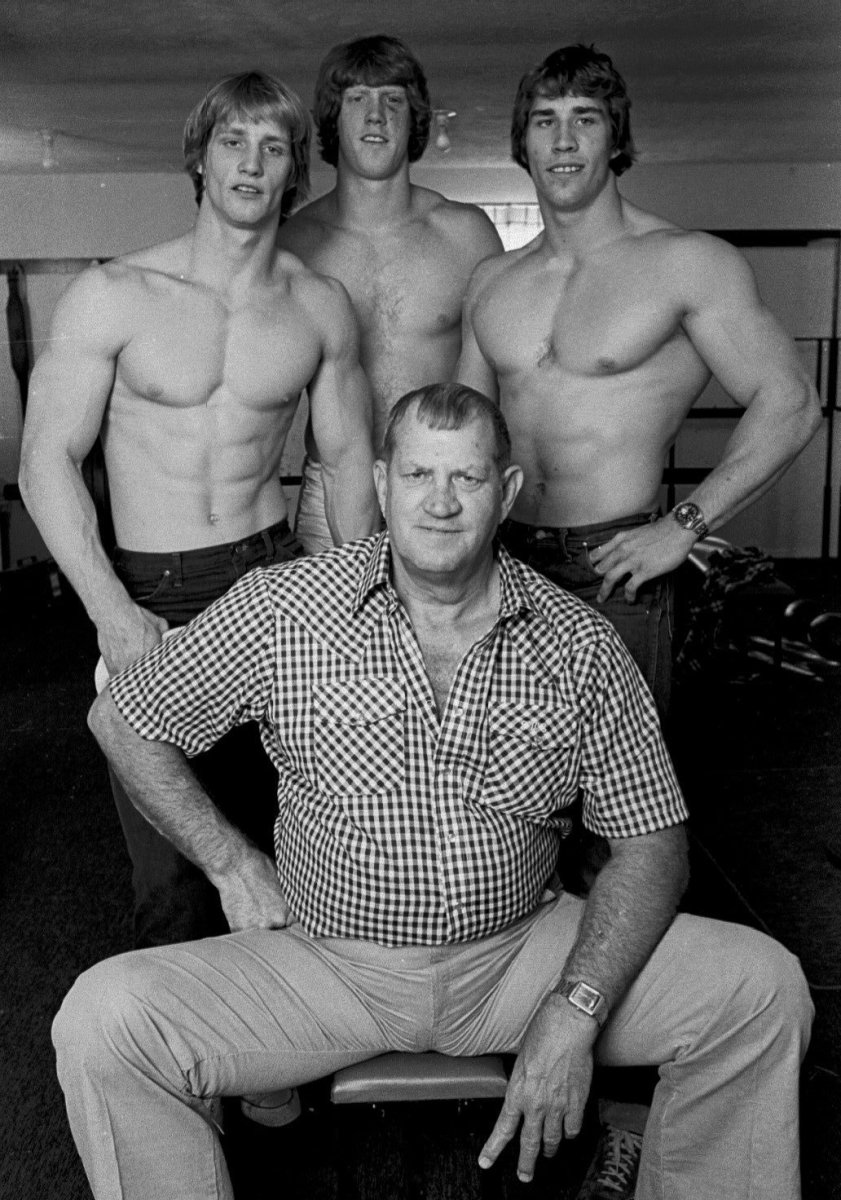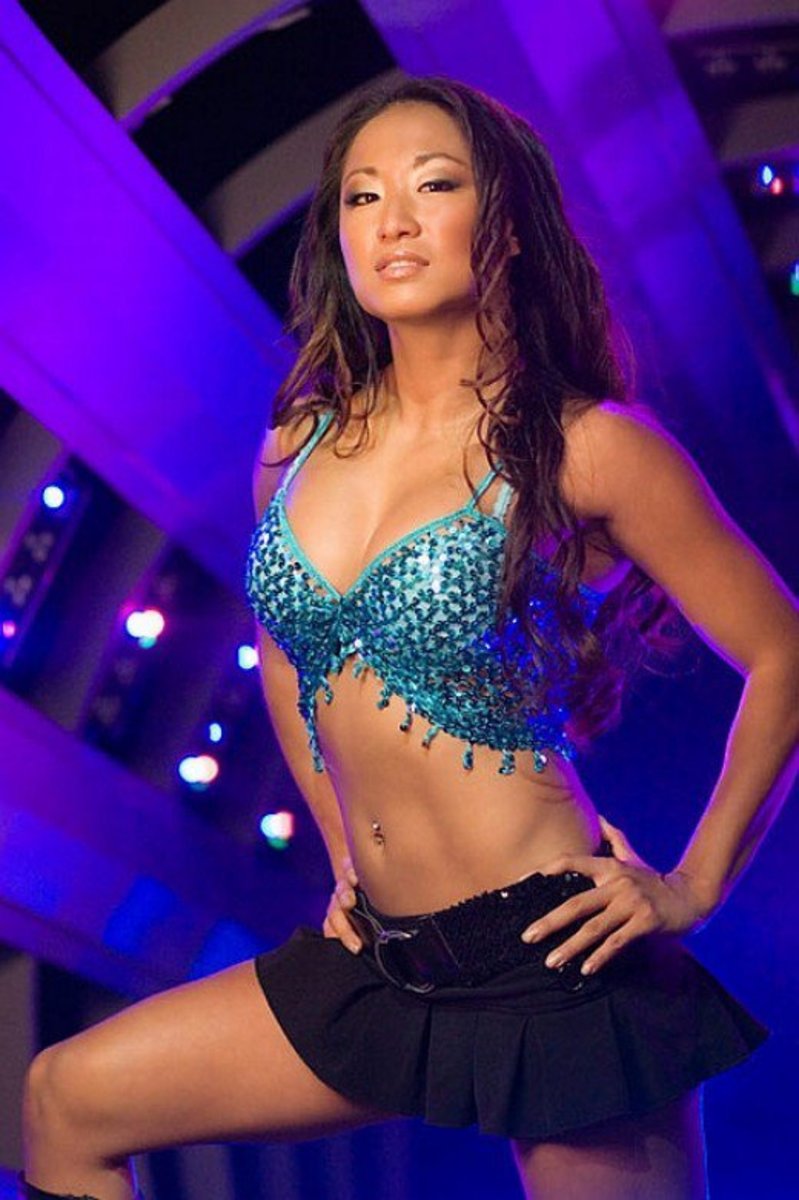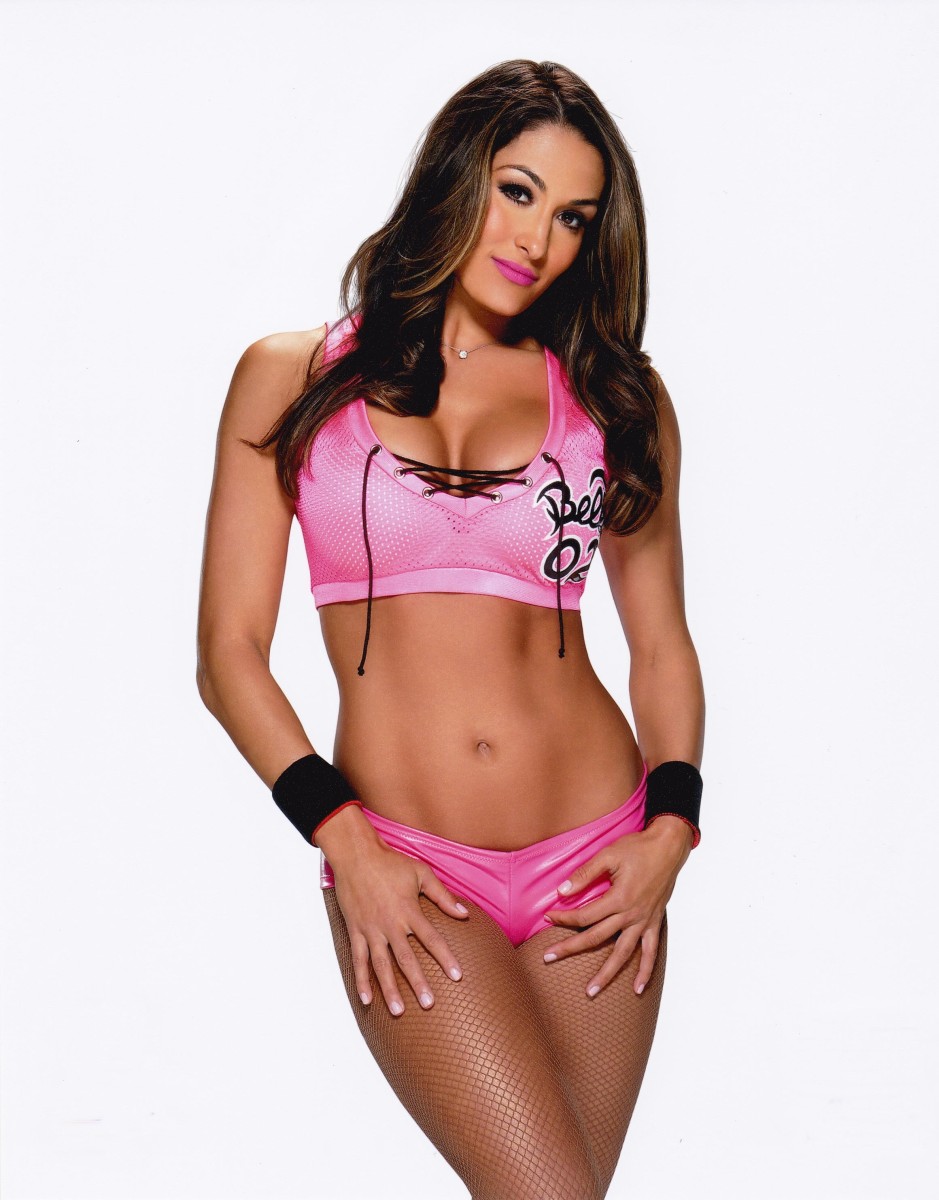Hulk Hogan Has Betrayed WCW: The Formation of the nWo, 19 Years Later
It's time! It's time! It's WCW anniversary time! Yes, only a day after talking about the famous Georgia Dome Nitro where Goldberg won the WCW Championship, it's time to talk about another famous WCW moment that occurred nineteen years ago today. I know what you're thinking, and the answer is yes; all the great WCW moments happened around this time (Sting's first world title victory? July 7th as well, 25 years ago. In the words of Keanu, whoa). What moment is it today? Why, none other than one of the biggest moments/matches/events in the history of professional wrestling. Let's not waste any time and dive into the night where the nWo, New World Order, was formed.
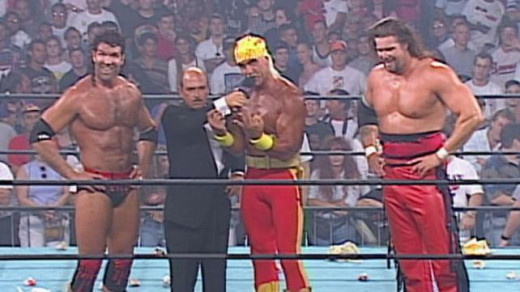
Chapter One: The Outsiders Arrive
Let's clear up a misconception here; there's long been a thought that prior to the nWo, WCW was an average show at best and a boring show the majority of time. That's inaccurate. Following the end of the horrifying Hogan-Dungeon of Doom feud, WCW actually turned a bit of a corner in the spring of 1996, thanks to a hot Ric Flair-Randy Savage feud, continued good work by stalwarts Sting and Lex Luger and the rise of a potential mega star in The Giant. Add that to the slow rise of the cruiserweight division, and WCW was overall doing pretty good. That said, Eric Bischoff, running things like Terry Francona during the Red Sox 2004 World Series streak, could see that this run wasn't going to last, and began to consider options to build WCW further. It was not long after, following a viewing of a New Japan Pro Wrestling show, that Bischoff came up with the storyline that would change his life and the course of wrestling history. In short, Bischoff pictured an invasion angle, where stars from WWE would come in and start a war with WCW. It was perfect; all it needed was the talent.
As per usual in cases of success, there tends to be a lot of luck involved. That's no different here, as much to Bischoff's surprise, WWE stars Scott Hall (Razor Ramon) and Kevin Nash (Diesel) became free agents at almost the exact same time in the spring of 1996. Not since the casting of Christopher Reeve as Superman has something worked out so well in someone's favor. No sooner did he learn of Hall and Nash's availability, Bischoff moved quickly to get them signed. It wasn't easy; Hall and Nash were both loyal to Vince McMahon, and their previous runs in WCW were about as successful as Randy Savage's hip hop album (both me loathed their experiences from their first WCW contracts, and if you look at what they were forced to do, you wouldn't blame them). Thankfully, Bischoff had two aces up his sleeve. One, he had Diamond Dallas Page, close friend to both Hall and Nash who actively tried to recruit the two to come in while they were still under WWE contract. Second, and most importantly, Bischoff could give Hall and Nash something Vince couldn't; guaranteed money for less days, a huge coup as Vince didn't give guaranteed contracts and had his wrestlers work almost all of the year (WCW would only have Hall and Nash working 150 dates a year). That final factor was ultimately enough to convince Hall and Nash to sign with WCW, putting Bischoff's plan in motion. Ironically, both Hall and Nash thought they were selling out by joining WCW, believing that there was no way the company could give them something worthwhile the way WWE had. Happily, they were mistaken.
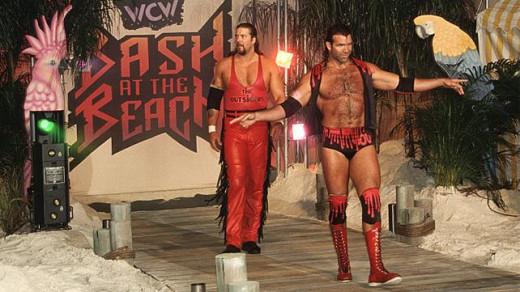
On May 19th, 1996, Scott Hall made his debut on WCW Monday Nitro, interrupting a match between Steve Doll and The Mauler (Mike Enos). Appropriately, it was the biggest moment either of those two wrestlers would ever be associated with. Using an idea thought up by legend turned announcer Larry Zybzsko, Hall came to the ring and didn't attack either wrestler (a usual occurrence during big debuts). He instead grabbed a mic, and gave what is now known as the "you want a war? You're gonna get one" speech. Where ever he was backstage, I can only imagine Bischoff gave a grin that would make Jack Nicholson's Joker feel jealous. The angle was an immediate success, and continued to be so the following weeks as Hall and eventually Nash continued to cause havoc. By the time Nash powerbombed Bischoff (still a kayfabe announcer at the time) off the stage at the Great American Bash a month later, fans were enthralled, WWE was filing trading and infringing lawsuits, and Bischoff's master plan was coming together. The next step; July 7th, 1996, WCW's annual Bash at the Beach event, where Hall, Nash and a mystery man would take on WCW's Sting, Lex Luger and Randy Savage. There was just one question left to be answered.
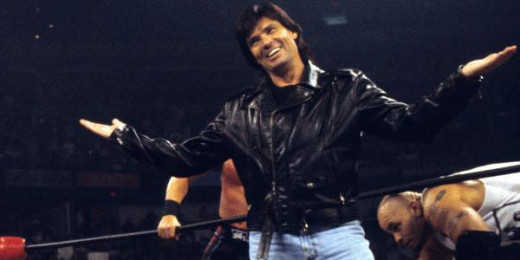
Chapter Two: Who is the Third Man?
As great as the invasion angle had gone thus far, it was pretty clear the legacy of the storyline on hinge on who the third Outsider was going to be. The right person in the role would certainly put WCW over the top as the number one wrestling promotion in America, while the wrong person would send them crashing back to earth faster than a Dungeon of Doom reformation. While there have been numerous rumors over the years as to who else was in the running for the third man role, the best I can tell is that there were three serious candidates. The first was Sting. Now, Sting being a candidate for the third man shows you what WCW's thought process was for the role, even though Sting didn't exactly fit. Unlike Hall and Nash, Sting wasn't coming in from WWE; hell, he had never even been to WWE, and wouldn't go work for Vince McMahon for another seventeen years. That said, Sting had been a lifelong babyface and was in desperate need of an overhaul, a fact made even more apparent by his reboot as Crow Sting just a few months later. So while not the perfect choice, Sting's consideration clearly showed that WCW was aiming for someone who'd be truly surprising and someone who could resurrect themselves. Alas, it's not quite clear how much he was truly considered (some say he was the top choice, most say he was the backup plan) and according to Kevin Nash, Sting didn't want to play the role anyway.
The other rumor after Sting is Bret Hart. Many may not know this, but at the time of the nWo formation, Bret's WWE status was very up in the air. He had taken time off following his Wrestlemania match with Shawn Michaels to do some acting, and during that time off saw his WWE contract expire. When it expired is up for debate; some rumors have him being courted alongside Hall and Nash to make the jump, while Bryan Alvarez and R.J. Reynolds (writers of the acclaimed Death of WCW book) insist that Hart's negotiations with WCW didn't begin till the fall of 1996, with him pegged for the role of WCW savior that eventually went to Roddy Piper. Either way, neither scenario came to pass, and Bret would ultimately re-sign with WWE later in the year, a decision that ultimately served to be bad for both Bret and WCW in the long run. Would Hart have been better served to have made the jump and be the third man? Who knows? While he fit the criteria to a T, Bret wasn't as good a mic worker as his fellow Outsiders were, and while most of his issues were with Shawn Michaels, it's possible that his relationship with Hall and Nash (fellow members of the Kliq with HBK) was strained as well.
In the end, Sting's/WCW's reluctance and Hart's refusal led us to the man who would ultimately take the roll, Hulk Hogan. Depending on who you believe, Hogan was the first choice to play the role all along, which makes sense. Hogan was stale beyond belief in the mid 90s thanks to a ton of watered down feuds (Dungeon of Doom alert! Dungeon of Doom alert!) and was as WWE as they came, having crafted his star up North. Furthermore (in another stroke of luck), Hogan was taking time off following the horrendous Dungeon of Doom conclusion, making his potential surprise turn even more, well, surprising. Everyone in WCW seemed to know this was the right guy...except for Hogan. Yes, as it turns out, the Hulkster was reluctant at first to turn heel (despite having enjoyed his heel run back during his little known WWE run in the late 70s/early 80s), feeling that it would kill his career if it failed. In fact, according to Eric Bischoff's biography, it appears Hogan may have even rejected the idea of being in the group. Thankfully for WCW and for Hogan, a few weeks of deep thinking and common sense eventually won out, and the Hulkster agreed to be the third man come July 7th. Despite this though, many surrounding the storyline were nervous due to Hogan's initial reluctance, and when Bash at the Beach finally did arrive, no one knew for certain whether Hogan would indeed go through with his heel turn.
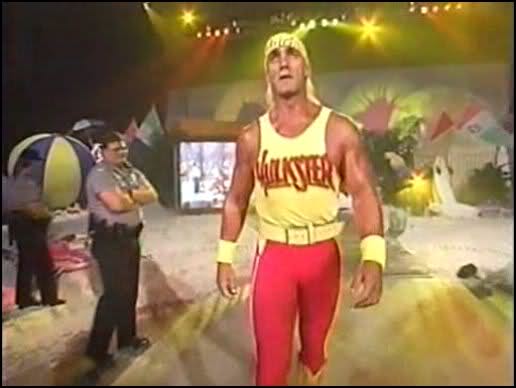
Chapter Three: Who's Side is He On?
You know the kind of tension you get when you're watching Scream for the first time? Multiply that by over 9,000 and you've got the tension that surrounded Bash at the Beach 1996. Holy shit, from the moment the PPV started, you could feel that something special was going to happen. The announcers (Tony Schiavone, Bobby Heenan and the late, great Dusty Rhodes), were spectacular at playing up the uncertainty of the third man all night long. Little occurrences like Mean Gene Okerlund snooping around backstage for answers and the sudden, mysterious disappearance of Bischoff (a seemingly unresolved plot point that would pay off huge months later) further added to the intrigue. And perhaps best of all, the rest of the card kept fans invested, thanks to a great opening contest between Rey Mysterio Jr and Psicosis, the greatest match of Disco Inferno's life (against Dean Malenko) and some more Giant bad assery. All of this set up perfectly for the main event.
And my goodness, THAT MAIN EVENT! Remember yesterday how much I praised WCW for how they booked Goldberg's big night in the Georgia Dome, an event almost exactly two years after this event? Well, WCW was even better here. With most of the wrestling world expecting the third man to walk out with Hall and Nash, WCW instead countered by bringing out only Hall and Nash. The announcers went nuts and the fans became even more intrigued as the Outsiders told Mean Gene that their third man was there and ready if needed. What exactly was going on here? Who was the third man? Was there actually a third man? The announcers and fans continued to speculate as Sting, Luger and Savage made their way to the ring and the match began. Then, WCW threw another curveball. Just as Luger was starting to gain momentum, Sting would hit a Stinger Splash that took out both Nash and Luger by accident. Luger, who crushed in the collision, was taken to the back, turning the contest into a tag match. This moment worked on two different levels. For those believing Sting could be the third man, his "accidental" splash to Luger served as yet another hint that "The Franchise" was going rogue. Luger's injury also offered up the theory that he could be the third man, a case bolstered even more by the fact that Luger had defected to WCW from WWE not too long ago himself. It turned out to not be the case in either scenario, but the teases worked to keep fans guessing.
Finally, around the twenty minute mark of the match (which many forget was actually pretty decent all things considered), WCW gave fans the answer. A quick flurry by Savage, followed by a Nash low blow, led to the sudden appearance of Hulk Hogan. The Hulkster quickly made his way to the ring, seemingly (to everyone but Bobby Heenan, who is considered by some to have spoiled the reveal) to take Luger's place in helping Sting and Savage take out the Outsiders. Boy were they wrong. After a couple quick glances to the crowd, Hogan went to the corner and then hit his patented leg drop on Savage (his kayfabe best friend, another nice touch by WCW). A moment later would come another leg drop, followed by high fives from Hall and Nash. Finally, a third leg drop and a mocking three count (the match actually ended in a no contest) put an end to the match, leaving only a few cheers (most notably from a dude in an ECW shirt), a lot of boos and a whole lot of trash being thrown in the ring. The heat was so bad, Hall and Nash at one point had to beat up a fan who tried to get into the ring. To top it off, Mean Gene would enter the ring to ask Hogan what the hell he was thinking. It was then that Hogan would not only lay the course for the weeks, months and years to come, but also give the promo of his life. Seriously, no Hogan promo comes close to this one. I can't do the speech justice, so I'm just going to let you watch it.
- WCW-Bash at the Beach 1996-Hogan turns - vidéo dailymotion
It's the end of the match between Nash & Hall vs Randy savage sting and lex luger at the bash at the beach in 1996.
Needless to say, there wasn't a whole lot left to do after Hogan perfectly gave his reasons for revolt. Mean Gene left the ring threatening to sic his lawyers on Hogan, all while fighting back tears it seemed. The Outsiders celebrated some more as the fans threw more garbage into the ring. Tony Schiavone proclaimed that Hulk Hogan could go to hell as the broadcast signed off. And both WCW and professional wrestling were never the same again.
Conclusion
What more can I possibly say about the events that took place nineteen years ago today? What more can I add to the numerous things said and written about Bash at the Beach 1996? For me, it's the single most important wrestling event of all time, a game changer that still resonates in the business today. It made WCW the biggest wrestling promotion on the planet. It turned Hulk Hogan from a budding joke into a man who had reinvented himself and wrestling twice. It turned Hall and Nash from big stars into revolutionaries. And it all happened thanks to some excellent storytelling, starting from when Hall showed up on Nitro to the moment Tony Schiavone said Hogan could go straight to hell. Even nineteen years later, I still look back on everything that happened here and find myself in awe. The formation of the nWo was, in a single word, epic. It remains perhaps the greatest thing WCW ever did, and is one of the reasons even to this day, I love that promotion so very, very much.
That'll do it guys. I'm out till The Warriors tribute later tonight. Till then, whose side are you on?
